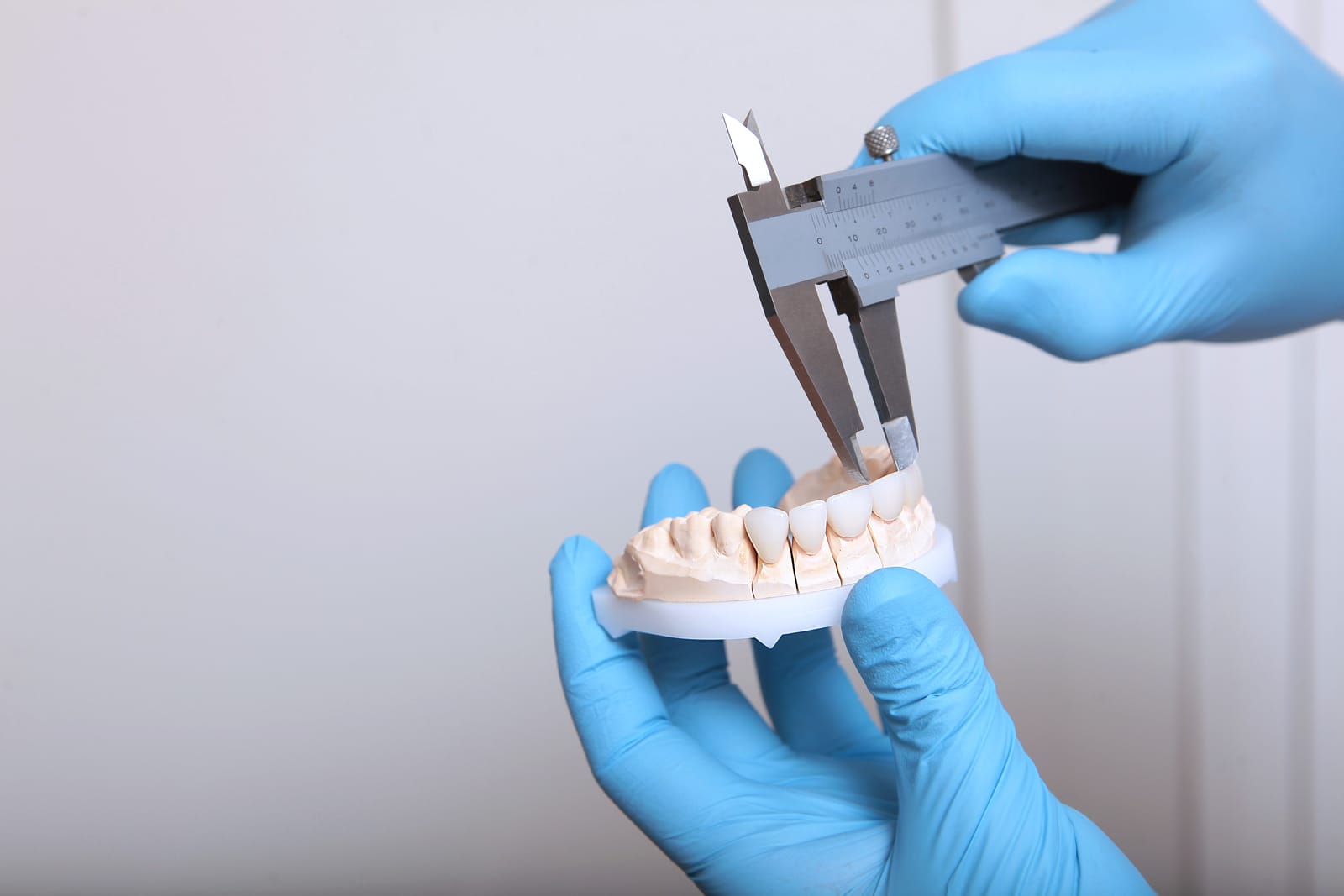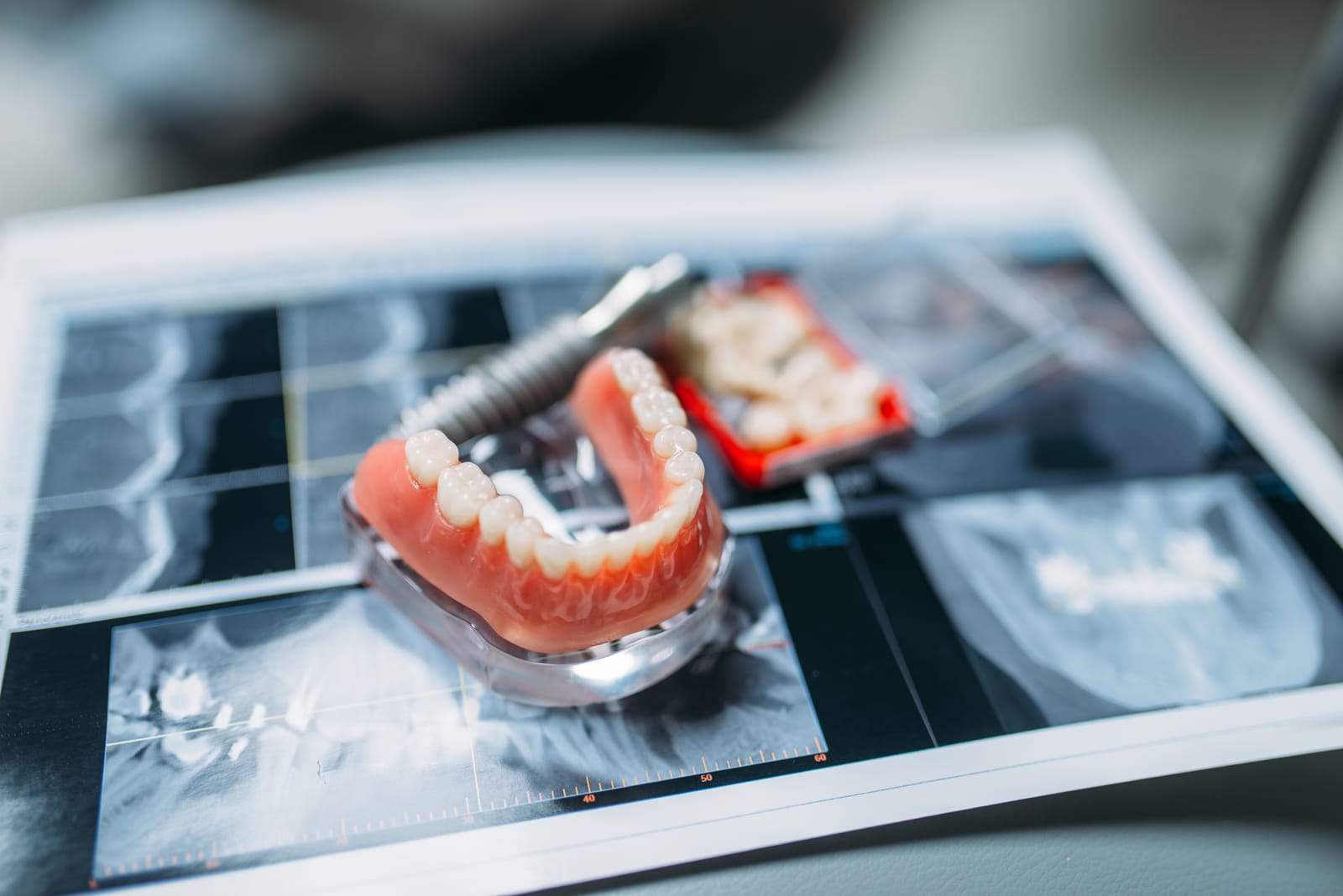A Look at Dental IV Sedation

In an effort to help people who get nervous about going for an oral exam, some dentists provide
sedation to help their patients relax. The type of sedation used includes nitrous oxide, oral sedatives, anesthesia and IV sedation.
What is dental IV sedation?
Dental IV sedation, which is also known as conscious sedation, is the use of sedatives to make you relax but also keep you conscious during a procedure administered intravenously through a vein. When the sedative is administered, you will feel like you are unconscious, but you will still be awake and aware enough to answer the dentist’s questions. However, you might not remember much after the medication wears off.
Dentists use IV sedation for patients with serious anxiety problems because it works quickly and the dosage is easy to adjust. However, since
dental IV sedation requires dentists to be specifically trained to administer it, not every dentist offers the option.
Getting ready for dental IV sedation
If you and your dentist have agreed on IV sedation, there are a few things you have to do before and after your visit.
According to the American Society of Dental Anesthesiologists, you should avoid eating or drinking anything eight hours before your appointment. You should also check with your dentist to make sure any medication you are taking does not cause a negative reaction when mixed with the sedative used.
If you smoke or use tobacco products, you should avoid using them at least 24 hours before your appointment.
Due to the side effects of the sedative, you should take a family member or friend to the appointment so you will have someone to drive you back home after. You should also clear your schedule for the rest of the day so you can rest.
During the exam
As previously mentioned, you will not be unconscious during the procedure after the administration of IV sedation, but you also will not be fully aware of what is going on. You will be conscious enough to respond to questions and breathe on your own. If your dentist has to perform a procedure like a root canal, which requires the use of a local anesthetic, they will administer the sedative before putting you under.
How do I know if I need dental IV sedation?
If you avoid going to the dentist because you are afraid or you get nervous every time you have to go in for an appointment, you might benefit from IV sedation because it will help you relax when you are in the chair and make you less nervous to see a dentist, which will allow you to make your regular visits to the dentist and improve your oral health.
Conclusion
Going to the dentist can be a scary experience for many people, but it does not have to be. If you get nervous or are afraid to go to the dentist, you should consider getting dental IV sedation to help ease your fears.
Are you considering dental IV sedation in the St George area? Get more dental IV sedation information at https://www.stgeorgedentalcare.com.
Check out what others are saying about our dental services on Yelp:
Sedation Dentist.
Recent Posts
Are you unhappy with your smile? Small chips, gaps, or discoloration can make you feel self-conscious. Fortunately, composite resin veneers offer a simple solution. These tooth-colored coverings can transform your smile in just one visit.This comprehensive guide explains what composite resin veneers are and how they can benefit your oral health. We'll also cover the…
Losing teeth can feel overwhelming. Besides the pain and discomfort, there's also the worry about your appearance and ability to eat normally. Traditional dentures require multiple appointments spread over weeks or months. But what if you could walk out of your dentist's office with a complete set in a single day?Dentures in a day make…
Having a sensitive sense of smell can be both a blessing and a curse, as nothing disrupts personal comfort more than an unpleasant odor emanating from your mouth. A common concern for dental patients is the distinct and often embarrassing "rotten tooth smell." Understanding its causes, implications, and the appropriate remedies is crucial for maintaining…
Brushing your teeth is essential for maintaining a healthy, beautiful smile, and using an electric toothbrush takes oral hygiene to the next level. At St. George Dental Care, located in St. George, UT, we're passionate about helping our patients maintain optimal oral health through modern dental practices and expert advice. Electric toothbrushes are revolutionizing dental…


